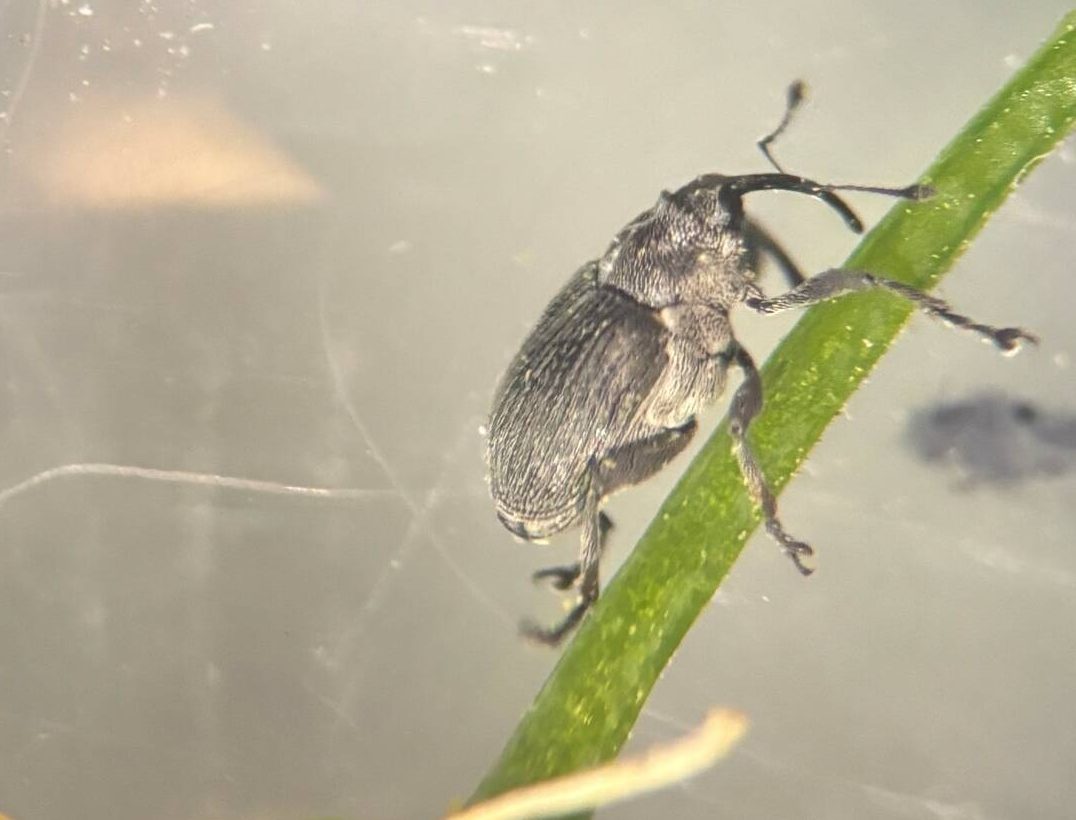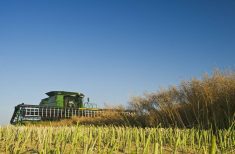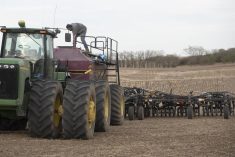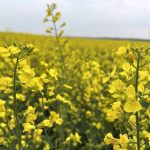While it will likely be months before a decision is made, the U.S. Envi ronmental Protect ion Agency has launched a process that could open the American market to Canadian biofuels and biomass.
The EPA has called for comments on a request from Ottawa to accept Canadian crops and crop residue for use in making ethanol and biodiesel, as well as renewable fuel produced in Canada.
The federal government wants the EPA, which regulates the U.S. Renewable Fuel Standard, to judge Canadian production on what’s called an aggregate approach for compliance with American rules that protect environmentally sensitive lands and support sustainable production, said Greg Northey, environmental specialist with the Canadian Federation of Agriculture.
Read Also

Cabbage seed pod weevil the surprise top canola pest in Manitoba for 2025
Get set to scout this summer. After a few years of low profile in Manitoba, cabbage seed pod weevil populations, among a few other pests, boomed here in 2025.
Northey said the U.S. doesn’t want rainforests to be cut down or other sensitive land harmed to create land for growing biomass for fuel production. Canada’s argument is that production isn’t expanding onto unsuitable land.
Approval under aggregate approach means a lot less paperwork for growers and companies that want to tap into the U.S. renewable fuel market, he said.
The EPA will accept public comments on the Canadian request until May 16 and make a final decision later, the agency said in a statement.
The EPA said it had already accepted the aggregate approach for judging crops and biomass produced in the United States that is suited for biofuel provides “reasonable assurance that planted crops and crop residue meet the definition of renewable biomass.”
The review “is good news but nothing is decided yet,” said Jim Everson, vice-president of the Canola Council of Canada.
“We want to be compliant with the American rules as well as the European Union ones, which are similar,” said Everson.
It’s not clear whether there would be a big demand for Canadian canola or soybeans for biodiesel or corn for ethanol right away because the biofuel demand in the U.S. is growing slowly, and the country is already importing a lot of ethanol from Brazil. But that could change in the future and Canada wants to be ready, said Everson.
The U.S. doesn’t want “incentives for biofuel production to cause wet lands and conservation lands to be plowed up to produce feedstock,” he said. It bases its assessment on the land in production in 2007.
Northey said Environment Canada concluded earlier this year that agriculture land base in Canada is stable or declining, which should satisfy EPA about farm product ion in Canada.
















